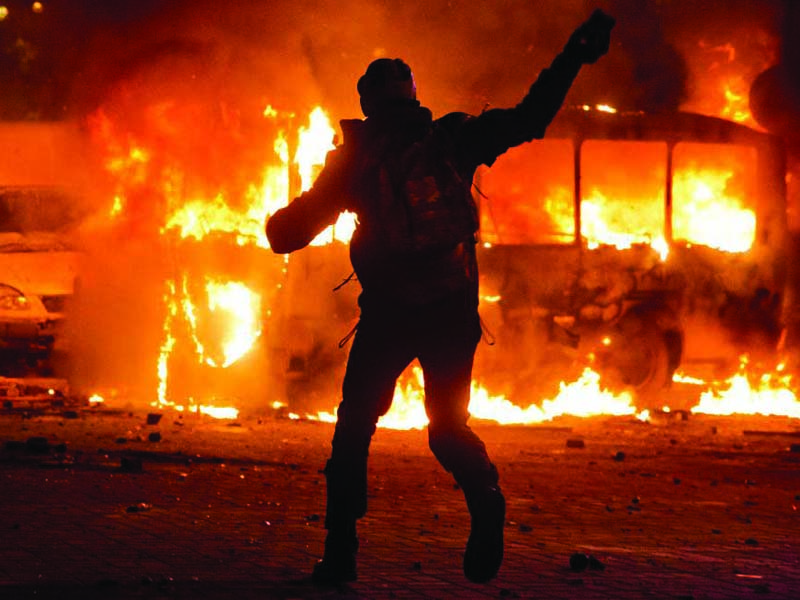It makes no sense to treat the sick then send them back into the social conditions that contributed to the illness
In the first of the 2016 Boyer lectures, World Medical Association president Sir Michael Marmot said it made no sense to treat the sick and then send them back into the social conditions that had contributed to their illness
Referring to the Baltimore riots in 2015, the London-based authority said while the precipitant of the riots was one more killing of a black man by police, the underlying cause was inequality of social and economic conditions.
“The social conditions in which people are born, grow, live, work and age are strongly determinative both of risk of ill-health and of likelihood of engaging in civil disorder,” Sir Michael told the audience in Sydney.
“When the Tottenham riots broke out, a politician commented: this is criminality, pure and simple. To paraphrase Oscar Wilde: the riots were not very pure and the causes were not simple. It was clear, though, that social disadvantage was among the causes.”
In Australia, the link between social deprivation and ill-health and crime was all too obvious – in the enormous life-expectancy gap between the indigenous and non-indigenous populations of Australia, and in the high rates of ischaemic heart disease, diabetes and incarceration among the indigenous population.
“So close is the link between the nature of society and health, that we can tell a great deal about how well a country meets the needs of its citizens – provides the conditions for them to lead flourishing lives – by the health status of its citizens.
“The key to reducing this health inequality is empowerment; to create the conditions for people to have control over their lives.”
The four Boyer lectures are being broadcast this month on ABC Radio National on consecutive Sundays


